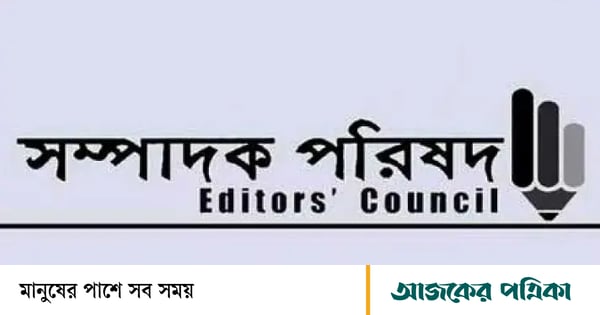The editors of the newspaper have made various recommendations for the National Assembly elections including re-establishment of the caretaker government system, direct voting in reserved seats for women, and the opportunity for expatriates to vote. They expressed their views in a meeting with the Electoral System Reform Commission on Thursday.
After the meeting, Reform Commission chief Badiul Alam Majumder and newspaper editors spoke to the waiting media representatives. At that time, Prothom Alo's joint editor Sohrab Hasan said, 'People cannot be represented as a non-resident, I have proposed this. No one should live in Dhaka and represent Khagrachari or Dinajpur. It is deprived to the people of the concerned area. Election campaign should be arranged at state expense to stop money game in voting. Direct voting in women's seats can be done in a cyclical manner. Or the three constituencies will be a women's constituency, where there will be direct elections.'
The editor of today's newspaper. Md. Golam Rahman said, 'There should not be the opportunity to influence the elections as we have seen in the past under the party government. In the discussion, it was said to give importance to the media and ensure its access. To ensure that expatriates vote, measures must be taken long in advance. For this, the law needs to be modified and changed. And numerical proportional election is not possible at this time. It has to be done through Parliament. Because, if you can't do it from there, it won't be effective.'
Emphasizing on the caretaker government, senior journalist Masud Kamal said that no matter how strong the Election Commission is, if the elections are held under a party government, they have influence. Hence local government elections can also be held under caretaker government. And it is better to know the suitability of becoming a voter by punching the NID in the machine. Because many people turn 18 six months after being registered. They are deprived of the opportunity to vote.
Daily Bangladesh Editor Mostafiz Shafi said, if the caretaker government system can be reinstated, it is possible to get out of 80 percent of the problems that occur under the party government. It should be thought first. The Constitution Reform Commission should also think about this. Their proposals should be given to the media as well as to the government, so that the extent to which the parties or the interim government has accepted it is known.
The editor of Daily Star Bengal, Golam Mortaza, proposed to apologize to the previous three commissions for their organized elections. He said that in order to make the next election better, it is necessary to sit down with the heads of the three past commissions (CEC) and know the real information. The editors who said the election was good should be called and asked why they said that. There should be a recommendation of greater punishment for electoral offences. Ghulam Mortaza urged the three CECs to question 'elections without voters', 'night voting', 'increasing number of voters' etc.
Apart from this, Kaler Kantha editor Hasan Hafiz, Yugantar editor Saiful Alam, Bangladesh News Agency chief editor Mahbub Morshed and others were present in the meeting.
When asked whether the reform commission will call the last three election commissions to hear about the irregularities, Badiul Alam Majumdar, the head of the commission, said, 'We have discussed the previous three commissions. Reviewing again. Electoral offenses may apply to them. And we have also discussed that this should not happen in the future. After reviewing the last three elections, we will propose that lesson.
Despite being called, Badiul Alam expressed doubts about the coming of the former election commission members. In response to such questions, he said, 'Will they come? I don't think so. We will take it into consideration.'
Meeting with observers
After a meeting with the Election Observers Organization in the afternoon, Abdul Alim, a member of the Reform Commission, said that the main topic of discussion with the local observers was the challenges faced by them, including registration. He said that it is better if their funds come from the revenue sector. Apart from this, unrestricted access has been sought everywhere including the center for election monitoring. Another demand of the observers is that their reports be used by the commission after the elections.

